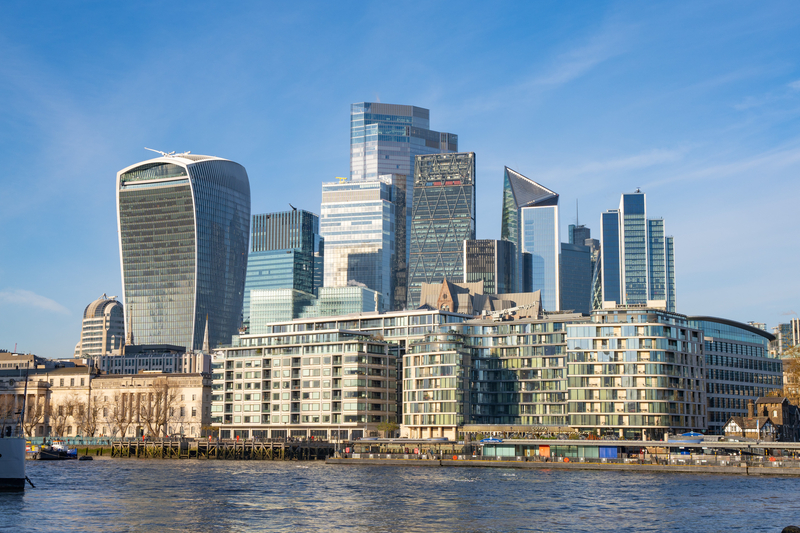In a landmark case that has sent ripples across the art market, prominent art dealer Oghenochuko Ojiri was sentenced to two and a half years in prison earlier this month for failing to make disclosures during the course of business, a direct breach of the section 21A of the Terrorism Act 2000.
This is the first prosecution of its kind, serving as a reminder of the escalating importance of robust anti-money laundering (AML) and counter-terrorist financing (CTF) compliance in all industries.
Facts of the case
Ojiri, known for his appearances on popular BBC shows like “Bargain Hunt,” admitted to eight counts of failing to disclose information related to the sale of approximately £140,000 ($180,000) worth of artwork to Nazem Ahmad. Ahmad, a wealthy art collector based in Lebanon, has been sanctioned by both the UK and US Treasuries for allegedly financing Hezbollah, a proscribed terrorist organization.
The investigation by the Metropolitan Police’s Counter Terrorism Command revealed that Ojiri knowingly obscured the true identity of the purchaser, changing names on invoices and using an alias for Ahmad in his phone. This deliberate attempt to circumvent regulations, despite his awareness of AML and CTF obligations, proved critical in his conviction.
Commander Dominic Murphy, head of the Met’s Counter Terrorism Command, emphasized the significance of this prosecution: “This prosecution, using specific Terrorism Act legislation, is the first of its kind and should act as a warning to all art dealers that we can, and will, pursue those who knowingly do business with people identified as funders of terrorist activity.”
Bethan David, Head of the CPS Counter Terrorism Division, further highlighted, “It is clear that Oghenochuko Ojiri was aware of new money laundering regulations in the art world and that he had knowledge of Nazem Ahmad’s background. Ojiri engaged in activity designed to conceal the identity of the true purchaser…”
Forfeiture
The artwork, including a Picasso and Andy Warhol paintings, were seized on May 4, 2023 and the NTFIU obtained a forfeiture order later the same year. The artwork, valued at almost £1m ($1.35m), is due to be sold and the funds will be reinvested back into the police, CPS and Home Office.
GRIP comment
The jailing of Ojiri also serves as a powerful reminder that ignorance of the law is no defence. This case underscores that the onus is firmly on regulated businesses, including those in non-financial sectors like the art market, to conduct thorough due diligence and report suspicious activity.
Organizations must remain vigilant and proactively strengthen their AML/CTF frameworks and controls to protect themselves and to contribute to national security.
See also on GRIP: The mural high ground – money laundering in the art world.
















